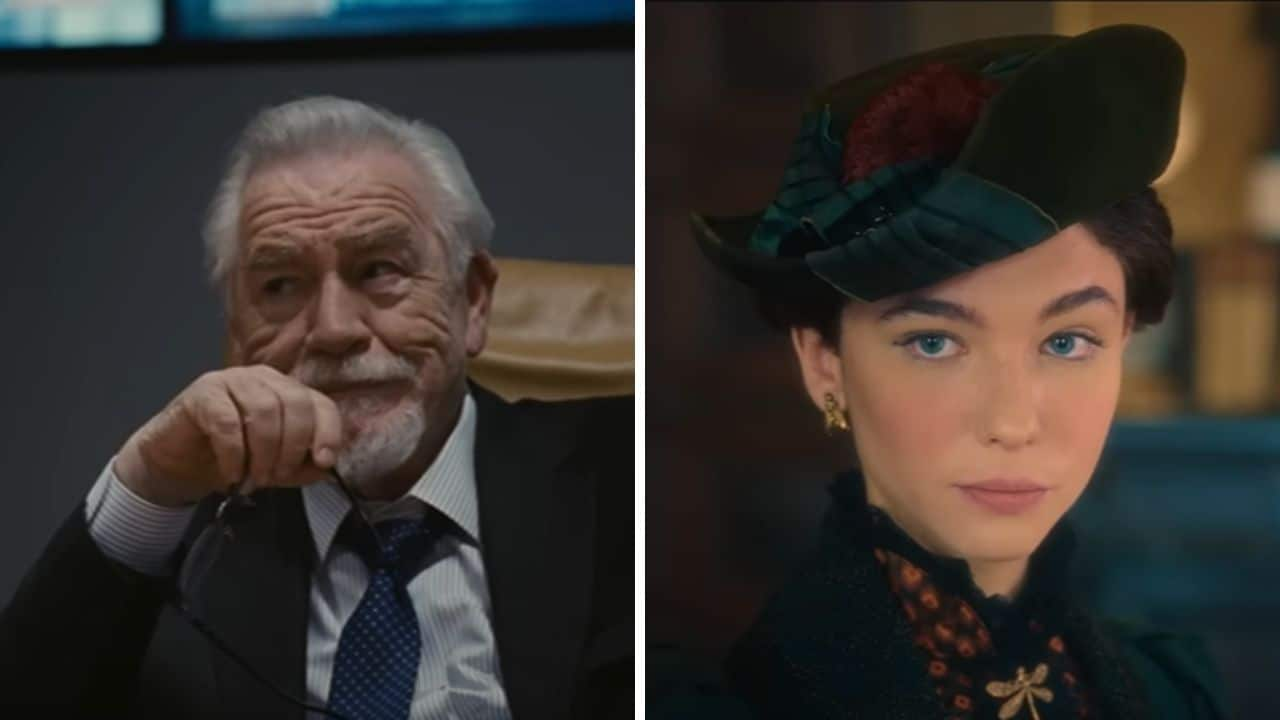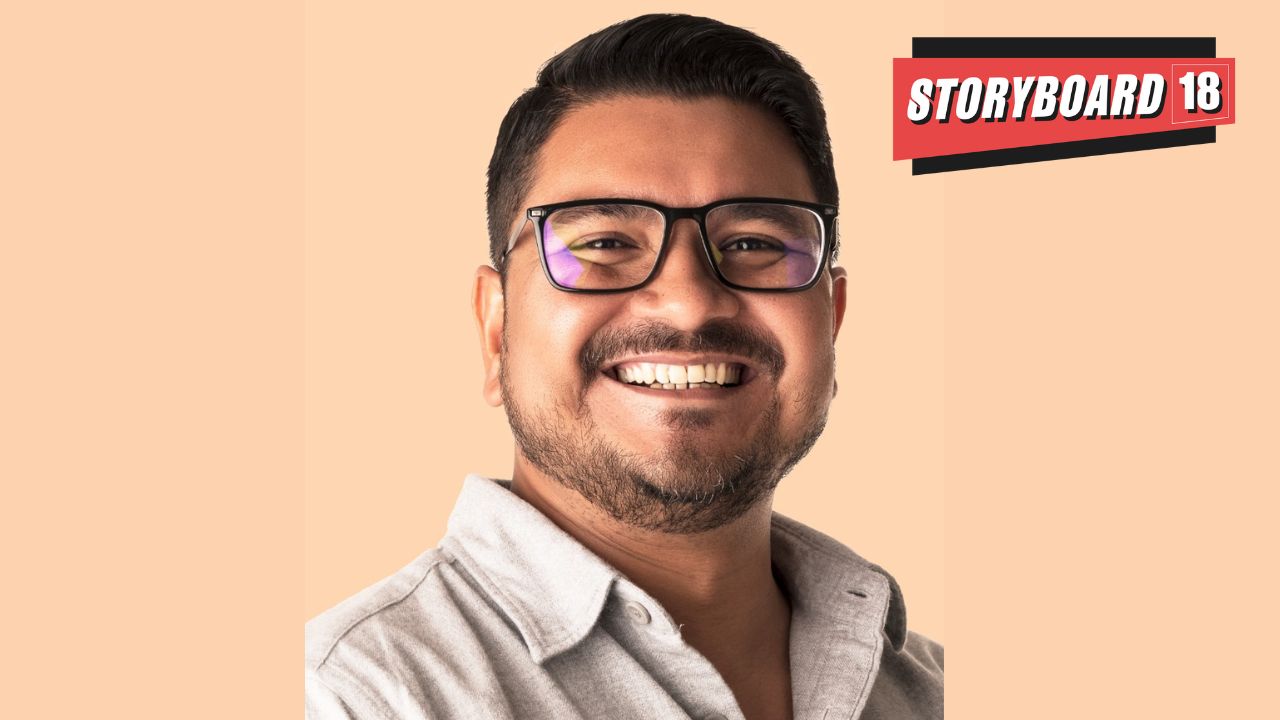Samriddh Dasgupta, the chief marketing officer of Heads Up For Tails, has at least two skills. One of which is marketing. The other is knowing how to strike a successful work-life balance.
In a conversation with Storyboard18, Dasgupta shares his take on workplace toxicity and hustle culture, his work and life hacks, takes us through his typical weekend, and more.
Edited excerpts below:
The creator economy has taken the world by storm. Which influencers and trends are you following?
I don’t really follow influencers. I follow individual content creators. I look for meaning and a certain amount of value in the content. I love art, culture, music, and cinema, and I follow a lot of content around that. I also like to run and work out, so I follow some such content. But no specific influencers per se.
What marketing-related content do you consume in your free time?
A lot of consumer research. Also, anything to do with culture. At the end of the day, we are selling to individuals who consume content the same way we do. We cannot turn marketing into a science that is devoid of art, culture, music, and what really influences society. So, I read a lot about cultural insignia and societal influences.
At the same time, I am very comfortable picking up a comic book and reading a research report. I think I consume a very wide gamut of literature. I love fiction as much as I love reading about new ideologies and frameworks that are being deployed, whether it is in machine learning, AI, or automation.
I love the technology side of content as much as I like the creative side. I think that’s really where I sit. So, it is a very wide and a very varied list. I love reading about politics, culture, and economics.
There’s a lot of talk about burnout, workplace toxicity, hustle culture, etc. What steps have you taken to avoid the adverse impact of the always-on culture on yourself and your colleagues? What advice would you give to your peers, colleagues, and next-gen marketers on this?
I have gone through this process. It has been a belated realisation for me. I have personally been a part of the hustle culture, worked 36 and 48 hours at a stretch. Then, at a certain stage in my life I realised the folly of it.
The thing is, you’ll not understand that you are part of the toxicity and hustle culture till you step out of it. A lot of people don’t know anything better. Because, a lot of people who enter their first job, second job get extremely swayed by the idea of what they are building. This leads them to subscribe to a culture which has now been labelled as toxic.
I think there are two things that need to be addressed. One is realising that it is happening. Till you don’t realise that it’s happening, you don’t really make changes. Second, I have prioritised a lot of things that I didn’t earlier. So, I want my workout time, I want time with my family, want time with my pets. I want to be out there and just learn new things. I want to be able to go and spend time with people without feeling guilty about it.
Because I have made those a personal priority, I genuinely believe that it should be the same for my team. Once that happens, it sort of seeps through the larger organisation.
No matter how much you say, “Hey! We are a non-toxic institution, we don’t believe in the hustle culture,’’ unless it is deeply personal and meaningful, you will not implement it across your organisation. The first step is ensuring that you recognise that there is a better world out there.
Second, you have to keep taking feedback from your co-workers, colleagues, potential partners, or whoever you are working with. Among other things, the feedback should be about, “Did I treat you right? Did you feel respected? Did you feel valued? Could I have added a little bit more value to your life by doing something differently?’’ If you don’t ask those questions, you are never going to break out of a culture that has been extremely prevalent in the global ecosystem.
With non-toxicity, only a very personal commitment translates into a corporate commitment.
Is there any sport or fitness routine you practice during the week to steal a few minutes of ‘me time’ for yourself and keep the momentum on?
I lift weights every day and try to run whenever I can. I have failed miserably at meditation, but I like to have my calm time. I wake up really early.
I am up by 5-5:30 a.m. Before my family wakes up, which is around seven, I have about two hours to myself. I don’t drive any more. I have realised that not driving, not having to beat traffic every morning and evening, has given me an immense amount of peace.
I have changed my diet massively. I went from a very meat-heavy diet to more of a vegetarian diet. That’s made a huge change. I have also reduced alcohol substantially.
Sundays are a bit complex in terms of working out because I try to do more mobility exercises than weights. But rest of the week I lift weights, go for long walks.
Inherently, I am a happy person. I hate the idea of having an opinion about everything. That is sort of my magic mental mantra.
What does your weekend look like?
I spend more time with my family. I don’t go to office on Saturdays. I have made that a rule, for people need downtime.
If you work on a Saturday, then the only day that you have is Sunday, which you pretty much spend trying to get out of the fatigue of the entire week. I think people need two days off mentally, physically, and emotionally from the work that they do.
So, I try to distance myself a little bit. I read, watch television, cook, and speak to my friends. I am learning new things, but most importantly, I think what I am doing is really figuring out what the priorities for the next week are.
I think you find more meaning and purpose in your work by not always being very close to it. Those two days give me that distance and that perspective. So that when I am walking into the office on Monday, I potentially have at least a new idea and a new way of doing things.
I look at what is happening around the world, and that helps me contextualise what we can bring to the table for our consumers and our stakeholders.
Share one work hack and one life hack you swear by.
I think it’s the same. If you are happy and comfortable with yourself, then you do very well at work and in life.
I think the first thing that anyone needs to do is be comfortable with the way they are. I have understood that there can always be a better life. But at some stage, you will just have to be comfortable with the idea of you.
The workplace is not just about you. There is a full team that’s there to help you succeed. Hence, if the workplace is fundamentally happier, you will fare better.
You can have as many hacks as you want, but if you are not happy, then you are going to just transfer unhappiness to a lot of people. And that is going to make everything toxic and potentially seem difficult for a lot of people to navigate.
What are you watching / streaming this weekend?

I’m watching a lot of things. I am watching season four of Succession on JioCinema. I am also watching The Law According to Lidia Poet, on Netflix.
What are you reading? Any recommendations?
This weekend I am going to be reading the Indus Valley report, written by Blume Ventures’ Sajith Pai. It’s about the D2C (direct-to-consumer) industry.

The book looks at the Indian economy through the lens of D2C businesses. I know it sounds really boring, but it is an entertaining read. Also, I recently read Find Your Why: A Practical Guide for Discovering Purpose for You and Your Team, by Simon Sinek.
This is a book about self-discovery. It says that each individual has a singular purpose, definition of faith, and a mission statement, and that one needs to work very hard towards figuring that out.
We always keep thinking, this is not enough for me. But when it comes to articulating what that means, most people are unable to. For me, the answer to “What value do you want to bring to the world’’ is super important. I think this book has given me some sort of a framework.
A piece of wisdom you would like to share?
Be happy. I know I keep saying this, but don’t worry, be happy. Imagine a situation. You are having a bad day. This will pass. You are having a fantastic day. This will pass. You are extremely successful at work. This will pass. You have failed a lot. This will pass. So, that is the mantra for my life.
